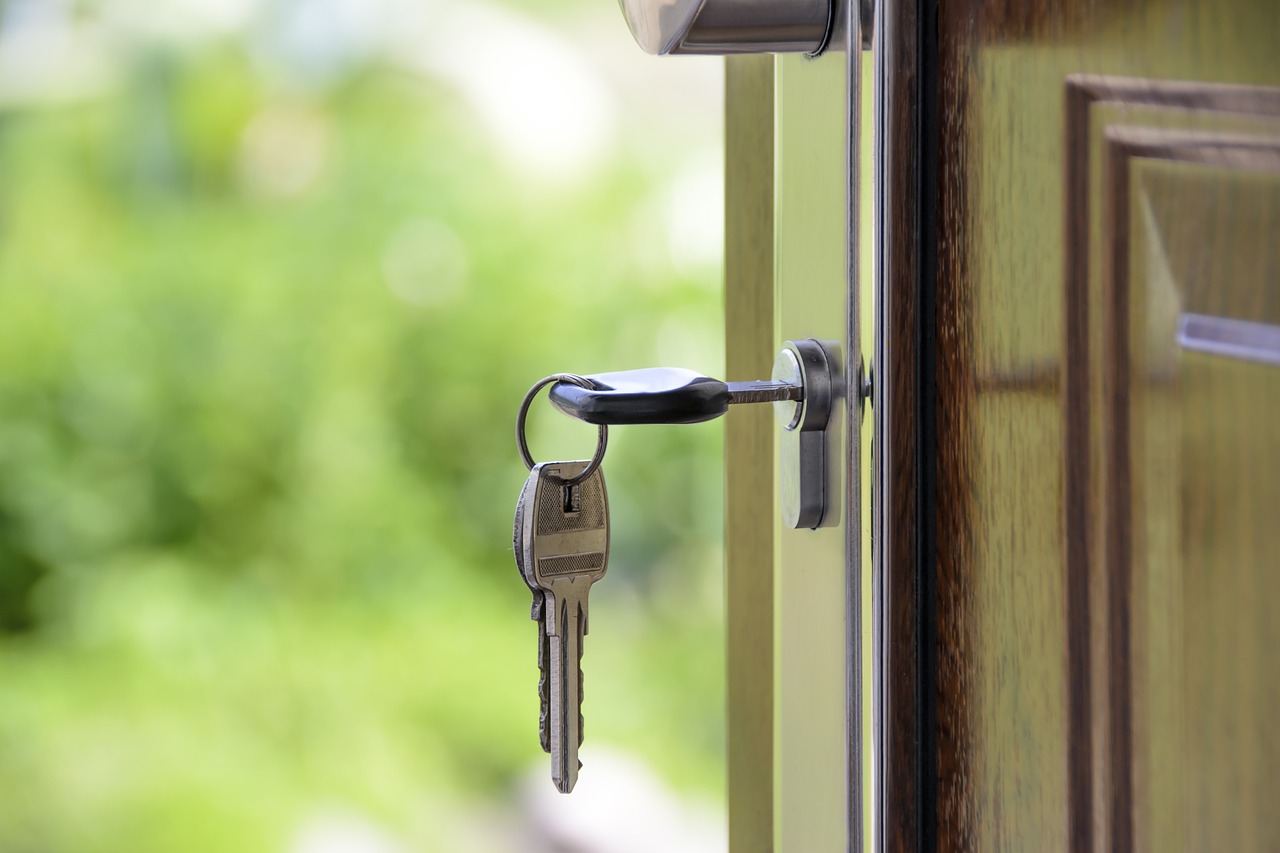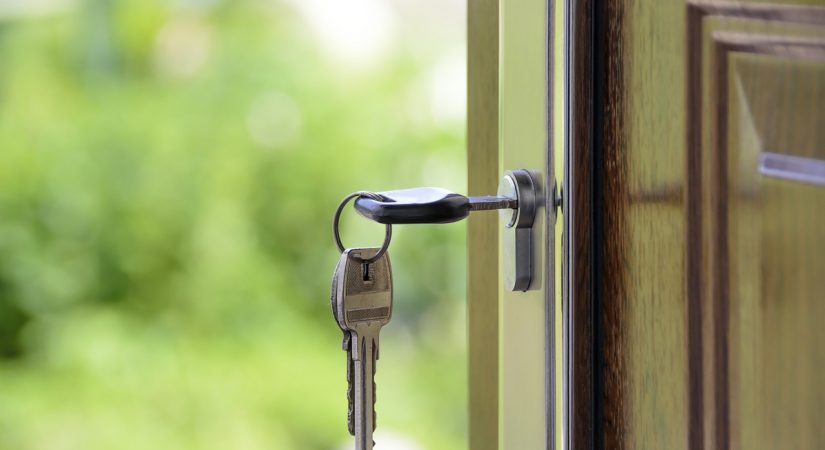
Deciding to sell your home or investment property is a big decision, and it can be a long process if you’ve never sold a property before. But if you follow the essential tips we provide in this article, you can ensure yourself a smoother process without any unexpected surprises as you go through the selling. Most importantly, you’ll want to grab any opportunities to make the most from your sale.
Prepare Your Property:
Before you put your property up for sale, tackle the necessary home maintenance issues and renovations to maximise your chances of selling.
Do some research as well in the local market to get an idea of the sale prices you may be able to achieve.
Hire a Real Estate Agent:
Since selling a home is such a time-consuming process, you’ll be able to cut a lot of work by having a real estate agent assist you. Real estate agents are highly experienced in selling and knowledgeable about market trends.
Check your real estate agent for a valid license and knowledge of your area.
Set Your Price:
There are two common way to sell your property: via private treaty or auction. A private treaty will allow you to have a longer sales campaign and thus more time to consider buyer offers on your property. An auction creates competition between buyers to drive your property’s price up. Check with your real estate agent for the best strategy regarding your property and situation.
Vendor’s Statement & Contract of Sale:
The vendor’s statement is used in some states of Australia. It’s a legal document that explains whether there’s a mortgage on the property, any restrictions on what the owner can do with it, and other such issues regarding the property. A conveyancer (property law specialist) or solicitor can prepare the vendor’s statement if you hire one, and they will also prepare the contract of sale, including other essential documents.
The Marketing Process:
Once your property is ready to be shown, you’ll have your marketing photos taken and hold open homes, which you real estate agent can coordinate. Sales campaigns generally last 4-6 weeks.
Secure the Sale:
Once you’ve accepted your buyer’s offer, signed copies of the contract of sale are secured, and the buyer pays a deposit. The process will be different for an auction, depending on factors that play out during an auction, but your real estate agent can enlighten and assist you with this.
Mortgage:
If you have a mortgage on your property, you’ll have to finalise this before settlement. This means giving your lender a completed discharge of mortgage form, which further means you are removed from the title of the property. Discharging your mortgage helps avoid delays in the settlement of your property.
Settlement:
Settlement usually takes place 6 weeks after the contract of sale. It can be overseen by your conveyancer or solicitor. You then receive the full sale price of your property, minus the deposit, outstanding amount on your home loan, conveyancer fees, and real estate agent charges. Once settlement is complete, you’ll need to move out immediately.
Hopefully from this article, you now have a much better idea of how to sell residential properties in Australia. It can be a tedious process, but with professionals to help you out, selling a home won’t be stressful and you’ll get the best value out of your property’s sale.
For consultation in selling your property, get in touch with us at National Brokers Network. With over 60 years of service and experience in real estate, we’re the team you can rely on to guide you every step of the way in selling your property. Contact us today for free professional advice and an updated property appraisal.






